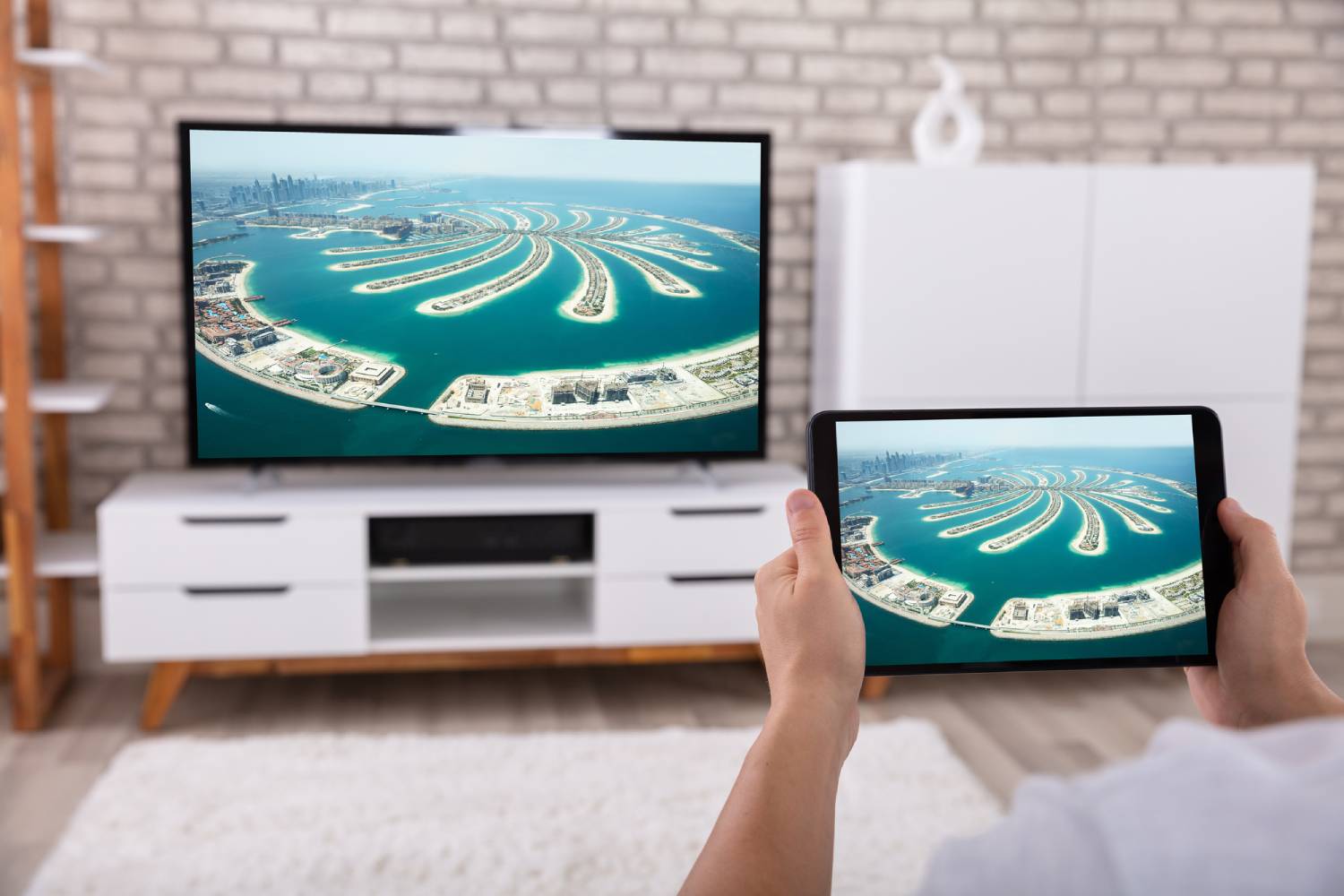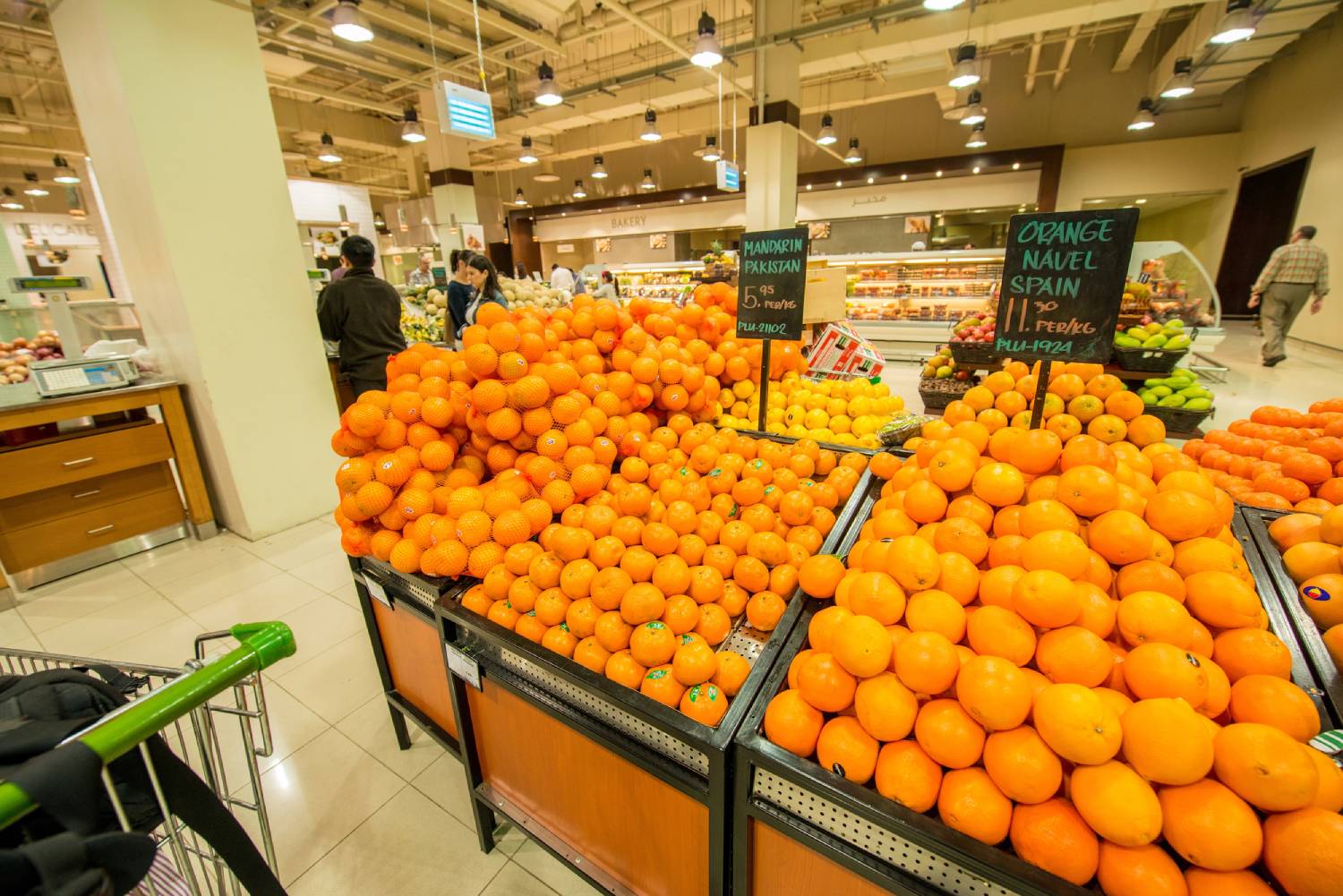
Are you planning to move to Dubai for a comfortable new life? Wondering about the living expenses and how to budget effectively?
In this article, we’ll break down the costs of living comfortably in Dubai, covering everything from housing and food to transportation and leisure activities.
We'll provide the insights you need to budget wisely and settle in with ease.
2024 Average Cost of Living in Dubai for Singles, Couples and Families (AED)
| Category | Single | Couple | Family of Four |
|---|---|---|---|
| Rent | 2,500 – 4,170 | 5,000 – 9,000 | 5,900 – 12,000 |
| Utilities | 1,000 | 1,380 | 2,760 |
| Groceries | 1,025 | 2,250 | 4,000 |
| Leisure | 650 – 1,500 | 1,000 – 1,500 | 2,000 – 3,000 |
| Transport | 400 – 1,500 | 800 – 1,840 | 1,500 – 3,700 |
| Education | – | – | 6,000 – 12,000 |
| Total | 5,625 – 9,245 | 10,432 – 15,970 | 22,160 – 37,460 |
Housing
Housing will likely be your largest expense when you relocate to Dubai, but you have considerable flexibility in managing this cost. Rental prices in Dubai can vary dramatically, sometimes by as much as 400%, depending on the neighborhood you choose.
For example, the annual rent for a studio apartment in Downtown Dubai is typically around AED 85,000, while in a more economically accessible area like Jumeirah Village Circle, it could be as low as AED 40,000. It's beneficial to research and compare different neighborhoods to find one that aligns with your budget constraints.
Also, consider the geographic proximity to your workplace and essential services like supermarkets and healthcare facilities. Opting for more affordable housing might mean longer travel times, which could increase your transportation expenses, thus negating some of the savings on rent.

Average Rent and Property Prices to Expect in Dubai
| Property Type | Annual Rent (AED) | Sales Price (AED) |
|---|---|---|
| Studio Apartment | 30,000 – 50,000 | 475,000 – 775,000 |
| 2-bedroom Apartment | 80,000 – 100,000 | 1,215,000 – 1,399,999 |
| 4-bedroom Villa | 200,000 – 265,000 | 5,000,000 – 6,300,000 |
Transportation
Dubai offers several public transportation options, making it easy to get around without a car. The metro and buses are the most common choices. A monthly metro pass costs about AED 350 (~96 USD), and a single bus fare ranges from AED 4 to 8 (~1-2 USD).
For those preferring more convenience, taxis and ridesharing services like Uber and Careem are available, though these tend to be pricier than public transit.
If you're considering buying a car, prices vary based on make, model, and year. For example, a used 2019 Nissan Altima, which is quite popular in Dubai, might cost you between AED 42,999 and AED 95,900. This option might be worth considering if you plan on traveling outside the city frequently or prefer the comfort of your own vehicle.

Average Price of Common Modes of Transportation in Dubai
| Item | Price (AED) |
|---|---|
| Metro card (monthly pass) | 350 |
| Bus ride | 4 |
| Used 2019 Nissan Altima | 42,999 – 95,900 |
Utilities and Connectivity
Utilities and connectivity are essential components of your monthly expenses in Dubai, and their costs can vary based on your usage and the size of your home.
For a basic understanding of what to expect, here are the average monthly costs for utilities in Dubai. This includes electricity, water, and cooling, which can be influenced by how much energy you consume and the type of property you live in. Additionally, you'll need to consider internet and phone services, which are crucial for staying connected.
On average, a typical household might spend around AED 1200 to AED 2,500 per month on these utility bills. This range covers the basics but can increase if you opt for higher-speed internet packages or extensive mobile plans. It's wise to evaluate different service providers for competitive rates that suit your budget and needs.

Average Monthly Utility Costs in Dubai
| Utility | Monthly Cost (AED) |
|---|---|
| Home Internet Plan | 311 |
| Basic Phone Plan | 25 |
| Basic Utilities for 85 m² apartment (Cooling, Heating, Electricity, Garbage, Water) | 710 |
Food and Groceries
When it comes to groceries, Dubai offers a relatively affordable selection of fresh produce and meat compared to other major cities globally. However, you can expect to pay more for imported goods, which is typical given their transportation and handling costs.
Dubai is well-served by a variety of hypermarkets and supermarkets, including popular chains like Carrefour, Spinneys, and Lulu. These stores are conveniently located throughout the city and frequently offer promotions and discounts that can help you manage your grocery budget more effectively.
Whether you're looking for everyday essentials or speciality international items, these supermarkets cater to a wide range of tastes and preferences, making it easier to find what you need without breaking the bank.

Prices of Some Common Food and Grocery Items
| Grocery Item | Price (AED) |
|---|---|
| Water (1.5 liter bottle) | 2.10 |
| Cocacola (1 Can 330 ml) | 2.50 |
| Milk (1 liter) | 6.63 |
| Loaf of Bread (500g) | 5.46 |
| White rice (1kg) | 8.95 |
| Eggs (6 pieces) | 5.50 |
| Cheese (1kg) | 64.75 |
| Chicken fillets (1kg) | 48.85 |
| Beef (1kg) | 47.45 |
| Apples (1kg) | 7.25 |
| Banana (1kg) | 6.76 |
| Oranges (1kg) | 3.85 |
| Tomato (1kg) | 6.95 |
| Potato (1kg) | 3.97 |
| Onion (1kg) | 2.40 |
Healthcare and Insurance
Health insurance is mandatory for all residents in the UAE, ensuring that everyone has access to medical services. If you're employed in Dubai, your employer is typically responsible for providing you with health insurance, which often extends to your family as well.
For those on an investor visa or not covered by employer-sponsored health insurance for any reason, you'll need to secure a policy independently. Dubai has a range of health insurance providers offering various plans to suit different needs and budgets.
For individuals earning less than AED 4,000 per month, the Essential Benefits Plan (EBP) is available. This plan provides coverage comparable to that of the UAE’s public healthcare system and is designed to be affordable for lower-income residents.
Additionally, if you employ domestic workers, you are required to provide health insurance for them, ensuring they too have access to necessary medical care.
For those looking to purchase health insurance, it's important to compare the annual costs of different plans to find one that fits your needs and budget.

Annual Healthcare Insurance Cost (AED)
| Individual | Family of four | |
| Basic Health Insurance | 600 – 800 | 17,000 |
| Comprehensive Health Plan | 5,500 | 33,500 |
| Premium Health Plan | 10,000 -15,000 | 70,000 |
| Essential Benefits Plans | 550 – 600 |
Leisure and Entertainment
Dubai is renowned for its wide array of leisure activities that cater to every interest and budget. From sprawling malls and shopping centers to pristine beaches, world-class theme parks, and diverse dining options, there’s always something to do in this vibrant city.
Whether you're looking for a day of shopping at places like the Dubai Mall or Mall of the Emirates, a relaxing afternoon at Jumeirah Beach, or an adrenaline-pumping visit to IMG Worlds of Adventure or Dubai Parks and Resorts, Dubai offers endless possibilities for entertainment.
The city's attractions are varied in cost, ensuring that whether you are looking to splurge or stick to a tighter budget, you can find activities that are both fun and affordable. This diversity in pricing also means that residents and visitors alike can enjoy the best of Dubai without compromising on quality or experience.

Cost of Common Leisure Activities in Dubai
| Item | Cost (AED) |
|---|---|
| Gym Membership (monthly) | 278 |
| Cinema Ticket | 45 |
| Average Restaurant Meal (per person) | 110 |
Schools in Dubai
If you're planning a move to Dubai with your family, understanding the schooling options and associated costs is crucial for your budgeting.
Public Schools
Since 2001, expatriates have the option to enroll their children in Dubai's public schools. Although these schools are free for Emirati nationals, expatriate families are required to pay tuition fees. Before opting for a public school, consider that the medium of instruction is primarily Arabic.
Public schools follow the Emirati national curriculum with English taught as a second language, which might be a significant adjustment for children who are not native Arabic speakers.
Private Schools
For families seeking education in English or other international curricula, Dubai offers a plethora of private schools. These institutions cater to diverse educational systems including the International Baccalaureate (IB), and American, British, and Indian curricula.
Private schools tend to be more expensive than public ones but provide an easier transition for children who may need to move between countries, as the international curricula are widely recognized.
The fees for private schooling in Dubai can be substantial; however, to help manage these costs, the Dubai government has placed a cap on the annual increase in school fees. This regulatory measure aims to make quality education more accessible to expatriate families.

Annual School Fees Comparison for Grade 6 Expat Students in Dubai
| School Type | Annual Fees (AED) |
|---|---|
| Public School (for expats) | 3,500- 12,500 |
| American Schools | 16,182 – 86,260 |
| British Schools | 17,469 – 82,521 |
| Indian Schools | 10,253 – 30,396 |
Read Also: Is it worth Moving to Dubai for a Job?
What is the Minimum Cost of Living in Dubai?
The minimum cost of living for a single person in Dubai is around AED 6,000 per month. This estimate ensures coverage for basic housing, food, transportation, and utilities, along with a small cushion for unexpected expenses.
Given Dubai's range of living options, the actual cost can fluctuate based on factors such as the choice of neighborhood, lifestyle preferences, and personal spending habits.
This baseline budget is aimed at those seeking to maintain a straightforward yet comfortable lifestyle, without excesses but ensuring all necessities are comfortably met.
What Salary do I need to Live in Dubai?
To comfortably live in Dubai, a monthly income ranging between 10,000 to 15,000 AED is generally recommended. This salary bracket allows for a decent standard of living along with the ability to save. However, the specific amount needed can vary depending on factors like housing preferences, lifestyle choices, and family size.
Related: Average Salary in Dubai
Is it expensive to live in Dubai?
Yes, living in Dubai can be quite expensive. As the country's most expensive city, Dubai offers high living standards but also comes with a hefty price tag. Estimated monthly expenses for a single person can be around AED 3,700 or $1,000, excluding rent. This cost can vary depending on individual lifestyle choices and preferences.
How much is rent in Dubai per month?
| Type of Apartment | Cost of Rent per Month (AED) | Cost of Rent per Month (USD) |
|---|---|---|
| Apartment (1 bedroom) in City Centre | 7,959.77 | 2,167.16 |
| Apartment (1 bedroom) Outside of Centre | 4,871.70 | 1,326.39 |
| Apartment (3 bedrooms) in City Centre | 15,243.75 | 4,150.33 |
| Apartment (3 bedrooms) Outside of Centre | 10,354.80 | 2,819.24 |
Information Source: Numbeo (Updated: May 2024)
